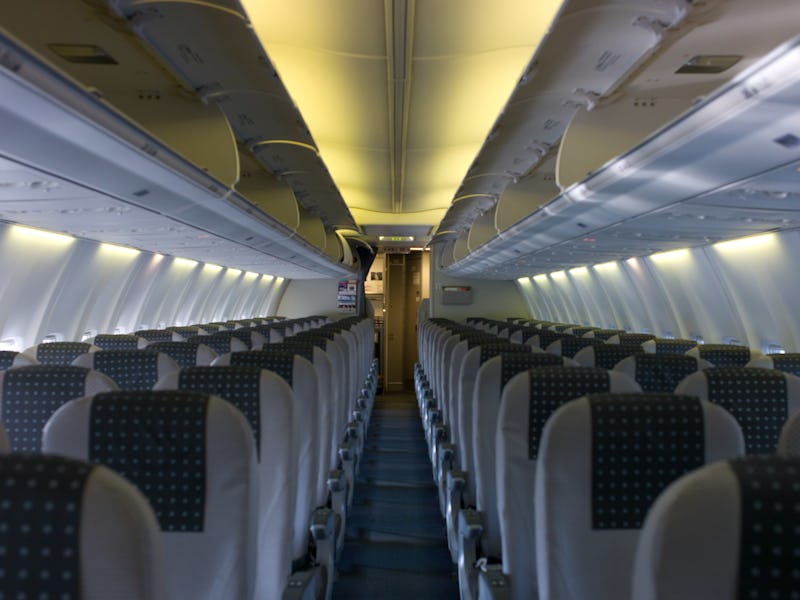Jet Lag Might Be to Blame for Losing Streaks

We think of jet lag more as a minor inconvenience for those with the privilege to fly frequently, not as a quantifiable career handicap.
New research in the Proceedings of the National Academy of Sciences shows that among Major League Baseball players, air travel — specifically, eastbound air travel — jet lag upsets the body’s natural rhythms enough to have a statistically significant negative impact on performance.
A person’s natural circadian rhythms are not on a 24-hour cycle — it’s actually a bit longer, which is why westbound air travel, which lengthens the day, doesn’t appear to hamper athletic performance as strongly compared to eastbound air travel, which shortens the day. Of the 46,535 games from which researchers pulled statistics, 4,919 included teams with at least two hours’ jet lag (conventional wisdom goes that the human body needs one day to realign itself for each hour of jet lag incurred).
Westward travel could still actually have a negative impact on performance, but that seems to have more to do with the team playing at a different time of day than what they were used to, meaning they weren’t as physically optimized for that game.
Weirdly, while defensive performance was found hampered by jet lag among both home and away teams, offensive parameters like slugging percentage — total bases at bat — were found to be negatively impacted only among home teams. It helps here to remember that MLB teams travel pretty much constantly, so players can be jet-lagged even when they’re at home. In some situations, the negative effects of jet lag were strong enough to statistically cancel out the phenomenon of “home-field advantage;” eastward travel was shown to have a -3.5 percent impact on performance. Home-field advantage is +3.9 percent. This means that if a home team had traveled two time zones east for a game — assuming the away team hadn’t changed time zones — the home team’s advantage would be nullified. Still, there are a few possible explanations for the finer points of the data.
“One possibility is that the away team has a more structured daily schedule when away from home than does the home team when returning home,” reads the paper. “This home/away dichotomy may not be evident on defense as pitchers, especially starting pitchers who play every fifth day, have a more structured schedule leading up to their start irrespective of whether they are home or away. Another possibility is that the away team may already be sufficiently impaired that the additional jet-lag effects are difficult to detect. It is worth reiterating that the failure to detect a jet-lag effect in the away team is evident in the context of a larger number of away jet-lag games than home jet-lag games.”
Jet lag, which is essentially the “desynchronizing” of our internal clocks via high-speed travel, messes with your sleep cycle and energy levels, but also has less commonly known effects on systems like digestion and motor control. We pretty much only ever study circadian rhythms in a laboratory setting, so this data resulting from “natural” circumstances is the opposite of snoozy outside a lab and baseball diamond.